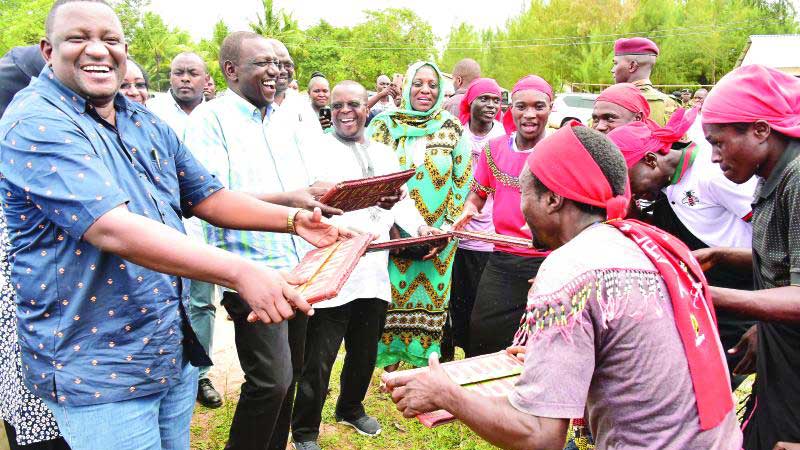×
The Standard e-Paper
Fearless, Trusted News

Deputy President William Ruto could find himself in familiar territory of 2010, as the push for a referendum on constitutional change picks momentum.
The proposal by Ndia MP George Kariuki to have counties reduced to twelve and the number of senators to 24, is among changes being pushed by various leaders.